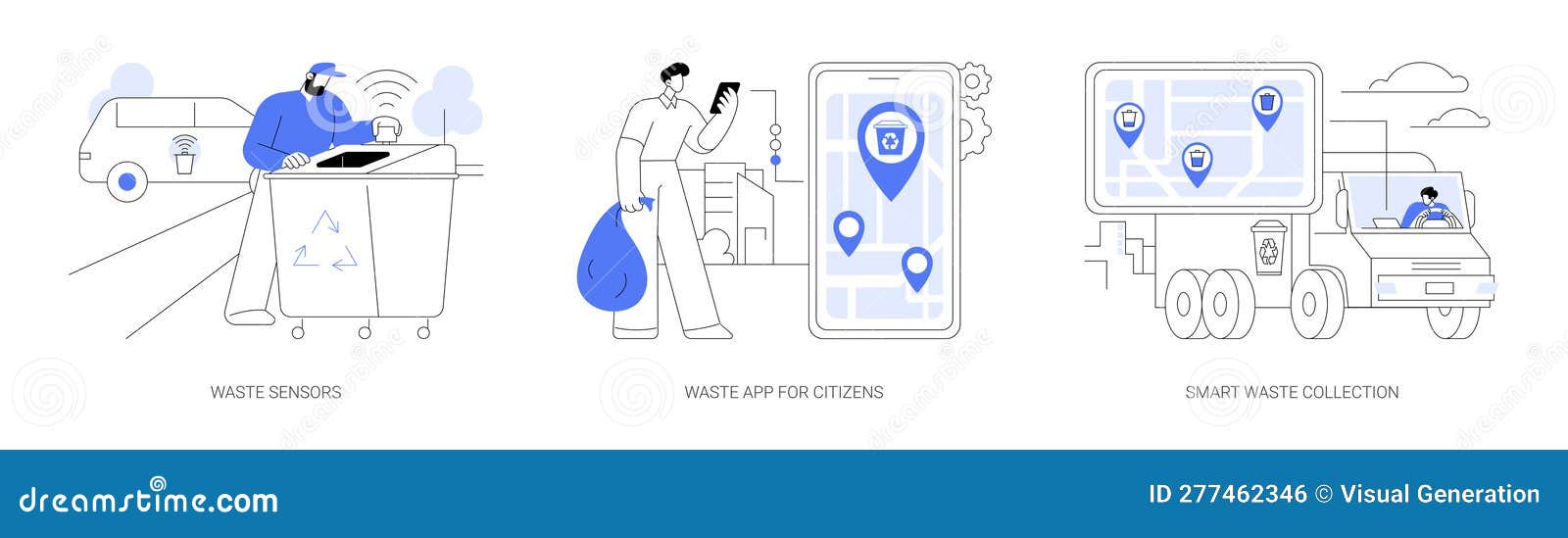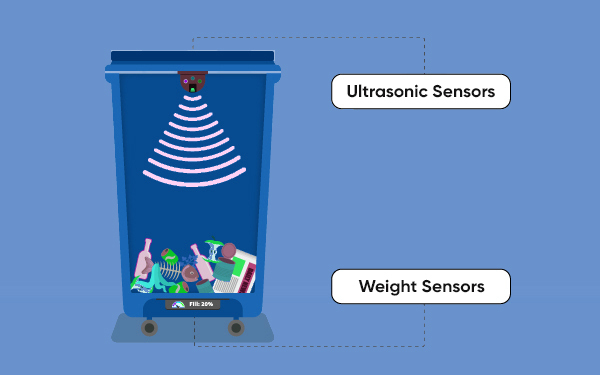Ai In Waste Management Studies 2021 Circuit Diagram
Ai In Waste Management Studies 2021 Circuit Diagram The first prominent trend is the implementation of AI in waste collection processes. Traditional waste collection methods often suffer from inefficiencies such as suboptimal routing and irregular schedules (Cubillos, 2020).However, AI-powered systems are addressing these challenges by optimizing waste collection routes (Solano Meza et al., 2019, Yadav and Karmakar, 2020, Yu et al., 2021). AI-powered sorting systems and advanced robotics can further optimize recycling rates by reducing the need for manual labor and increasing material recovery in recycling facilities. thereby reducing the total kilometers driven by waste collection vehicles. Smart waste management systems have led to a 20 % decrease in total driving distance

Develop an AI-driven system for optimizing waste collection and recycling processes in urban areas, reducing costs, and promoting sustainability by leveraging real-time data analysis. ASWMS is an innovative project aimed at revolutionizing waste management in urban environments through the integration of advanced data engineering, complex data

Smart Waste Management Systems Using IoT: Revolutionize Waste Collection Circuit Diagram
Optimize Waste Collection Routes: Implement intelligent route planning and real-time vehicle tracking to minimize fuel consumption and reduce operational costs. Enhance Waste Segregation: Utilize AI-powered vision systems and smart sorting stations to improve waste segregation accuracy and maximize recycling rates. Using computer vision, AI powered algorithms are leveraged to predict waste generation patterns for waste generation planning, to optimize waste collection routes for collection optimisation and To optimize waste collection, Internet of things (IoT) -based waste management software can collect relevant information, and the route of waste collection vehicles can be optimized using an ant colony optimization algorithm. Experiments have reported a 30% reduction in the direct cost of waste collection using this algorithm (Oralhan et al. 2017).

A strong focus on both UI and UX design ensures that the AI-based smart waste management app is not only visually appealing but also user-centric and easy to navigate, leading to a more satisfying and efficient user experience. 3. AI Smart Waste Management App Development (Front-End Development, Back-End Development) a. Front-End Development

PDF Waste Management by Smart Bin and App System using IOT Circuit Diagram
making traditional waste management methods increasingly ineffective. This paper explores an advanced approach to addressing these challenges through the development of a Smart Waste Segregation System. The system leverages capacitive sensing technology to identify and classify waste into categories such as metallic, wet, and other materials. The present study proposed an updated waste management system architecture design after reviewing existing artificial intelligence and IoT-based waste management systems and automation in smart cities. unmanned waste collection in smart cities employing the IoT, and AI technologies makes rubbish collection easier to monitor and control
